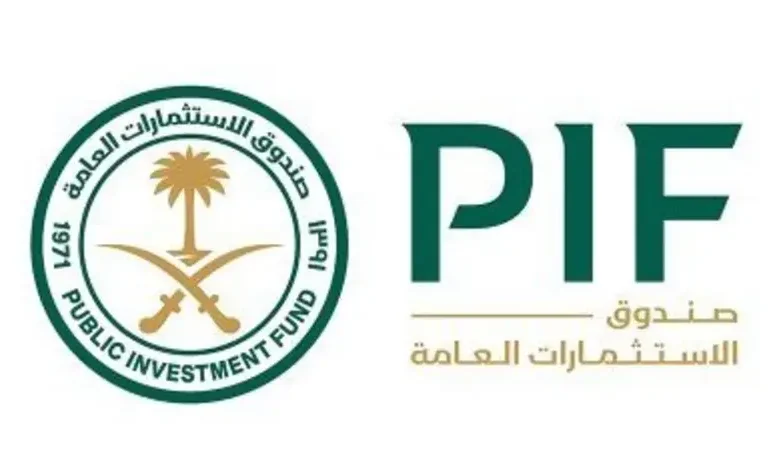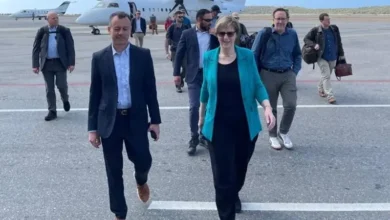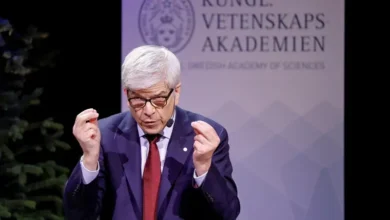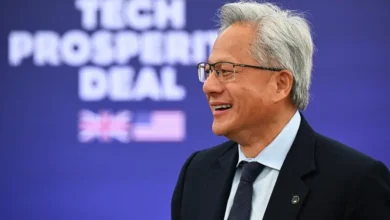Saudi Arabia’s PIF to unveil new strategy to boost investment, bolster economy

Saudi Arabia’s sovereign wealth fund plans to unveil a new long-term strategy as it looks to boost investment returns, bolster the local economy and drive the kingdom’s push to diversify away from oil.
“In the coming two months or so, we will set the new strategy for the PIF, which is a continuation from the original one, until 2030 and from 2030 all the way to 2040 and beyond,” Public Investment Fund Governor Yasir Al-Rumayyan said during an interview with David Rubenstein at the Economic Club of Washington D.C. on Monday.
He didn’t offer details but said the PIF continues to prioritize investments in Saudi Arabia as it looks to develop new sectors, create jobs and increase the use of domestically-sourced goods to support the economy.
The PIF is deploying about 80 percent of its capital locally, while the rest goes abroad, Al-Rumayyan said. The fund is looking for co-investments with international players that help bring money back to Saudi, he added.
“We need to increase and grow our local content and one of the best ways to do so is to get direct foreign investments to the country,” Al-Rumayyan said in a wide-ranging interview on everything from oil to sports and tourism.
The PIF’s current strategy includes growing and diversifying assets internationally, developing giga projects like Neom and drawing in more participation from the private sector.
The institution is the main entity tasked with driving Crown Prince Mohammed bin Salman’s Vision 2030 agenda and has said it plans to boost annual deployment of capital to $70 billion a year after 2025.
The International Monetary Fund said in August that the PIF is expected to continue spending at least $40 billion a year on domestic investment, which would help keep Saudi economic growth “positive and robust.”
The need for more local investment is growing as subdued oil prices weigh on government revenues and threaten to slow economic growth.
The wealth fund is currently working to diversify its sources of funding — including through international bond sales — beyond capital injections from the government, among other things.
The PIF’s overall assets under management rose to $913 billion in 2024, solidifying its position as one of the world’s biggest state-backed investors. It recently raised its 2030 target for assets to $2.67 trillion.
The fund’s internal rate of return has averaged about 7.2 percent since 2015, versus less than 2 percent prior to that, Al-Rumayyan said.
The PIF currently has about 3,000 employees and offices in Riyadh, New York, Hong Kong, Beijing and Paris.
It’s also planning to open regional offices in Egypt, Jordan, Bahrain and Oman.










